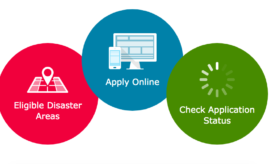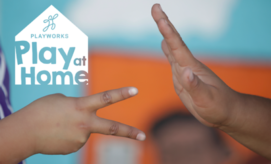More than two years after the start of the pandemic, we are still recovering from the difficulty of COVID. Between the isolation and ongoing uncertainty, the stress of the last two years has had lasting effects on everyone. This is especially true for young children, who spent critical years of development in unusual and challenging circumstances.
For young children, the pandemic limited social interactions and increased parent stress levels, which has had negative effects on children’s overall development. While there is still a lot to learn, research related to the impacts of COVID on young children is growing. Key findings are included below.
-
Studies from Rhode Island Hospital and LENA Foundation found that babies born during the pandemic vocalize and engage in verbal interactions much less than children born before the pandemic.
-
Researchers have found that children born during the pandemic score lower than average on tests of skills in the following categories: gross and fine motor, social, and problem-solving.
-
One study observed that pandemic-born babies scored lower on developmental tests when compared to infants born before COVID. Researchers found that babies from low-income families experienced the largest decline.
What Should We Do?
Although the research is concerning, there are things that parents and educators can do to support children who may be struggling as a result of the pandemic. For example, if children demonstrate challenging behavior, Donna Housman, a developmental psychologist and founder of Housman Institute, encourages parents and caregivers to think about the emotion or need that the child is trying to express, and then help that child to recognize, label, express and regulate the emotion. For more information, you might find this article from the G2K archives helpful.
Children’s Hospital of Philadelphia also recommends focusing on good behavior, while ignoring minor challenging behaviors. Offer praise when you notice a child doing something positive, and use specific language to tell them exactly what they did well: “Thank you for helping us clean up the classroom,” or “I love the way you’re sharing with your friends.”
What Resources are Available?
If any families in your program are concerned about their child’s development, Help Me Grow is a local, San Mateo County resource that can offer support and guidance. Parents and educators can connect with specialists at Help Me Grow via phone, text, or email.





